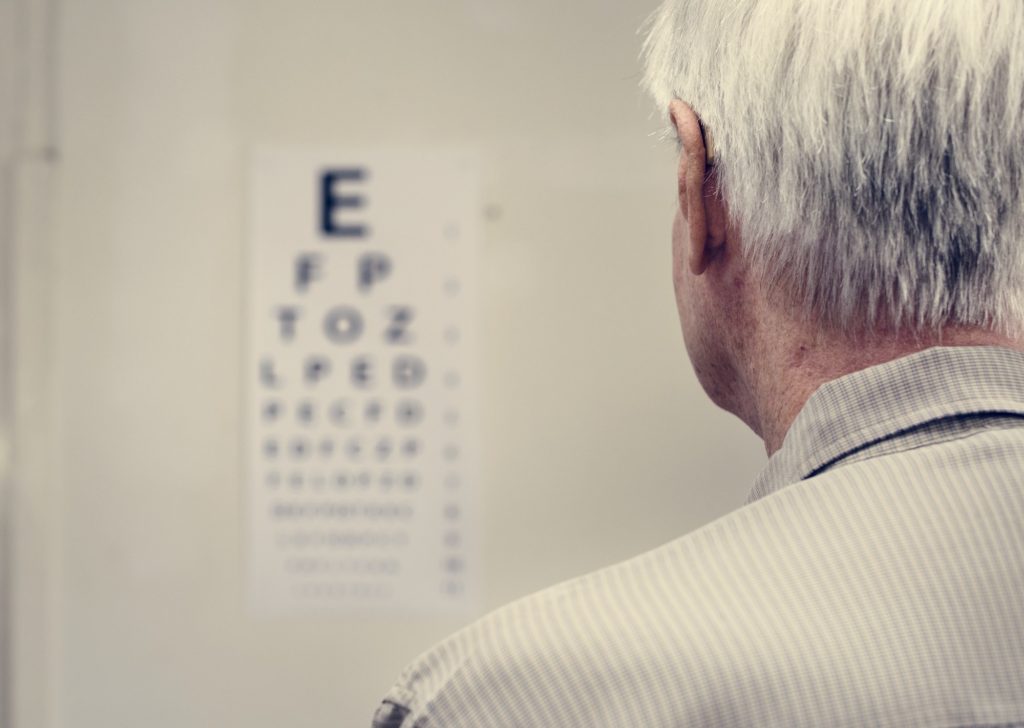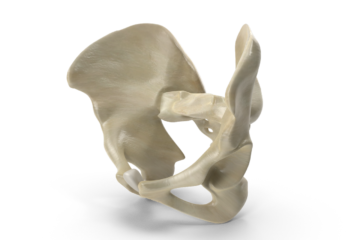What is concussion?
Concussion (also called mild traumatic brain injury) is a functional injury to the brain, caused by biomechanical forces. This can be from a hit to the head, but can also occur without any direct contact to the head, such as a blow to the body, a fall, or a motor vehicle accident. It is a functional injury, this means there is no observable damage to the brain, rather it affects how the brain functions. You don’t have to lose consciousness to have a concussion – in fact, 90% of concussions don’t involve any loss of consciousness at all!
Symptoms can occur instantly after the event, or take hours or days to become apparent. Common symptoms of concussion include headache, dizziness, nausea, balance difficulties, fatigue, difficulty concentrating, or light and/or noise sensitivity. While the majority of concussions will resolve on their own within 2-4 weeks, many will take longer and can leave permanent deficits.
Treatment
As recently as the 1990s, it was thought that the best treatment for concussion was to rest in a dark room until your symptoms resolved. However, significant research has uncovered that this approach actually delays recovery and can lead to prolonged symptoms. Following an initial 24-48 hours of rest, an active approach is essential to achieving full recovery from a concussion. Through gradual exposure to certain triggers, the brain adapts and heals from the injury, and most people are able to return to their previous activities with no ongoing symptoms.

How can physiotherapy help?
Early access to physiotherapy after a concussion can help manage symptoms, improve outcomes and speed recovery, and prevent long-term deficits. Concussion-trained physiotherapists are equipped with a multitude of tools to manage headache, visual deficits, vestibular (dizziness) challenges, balance issues, and neck pain (since almost all concussions also involve whiplash!).
Physiotherapists are also highly skilled in providing advice and education on gradual and safe return to play, school, or work. As everyone’s brain is different, everyone’s treatment needs are also different. Your physiotherapist will design a personalized treatment plan to address underlying problems and triggers and get you back to your preferred activities. If you or your child has been diagnosed with (or suspected to have) a concussion, speak to a concussion-specialised physiotherapist today!


